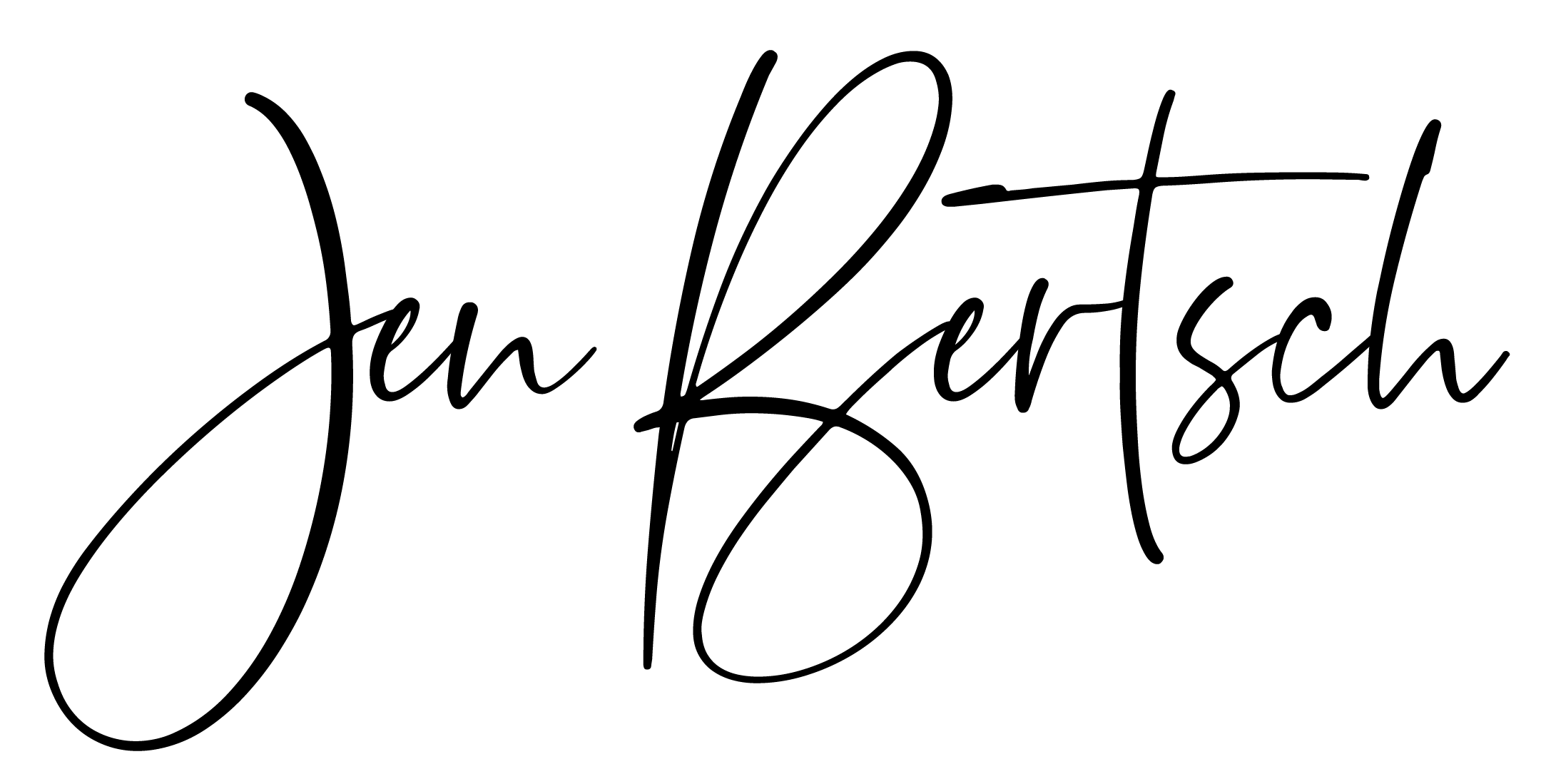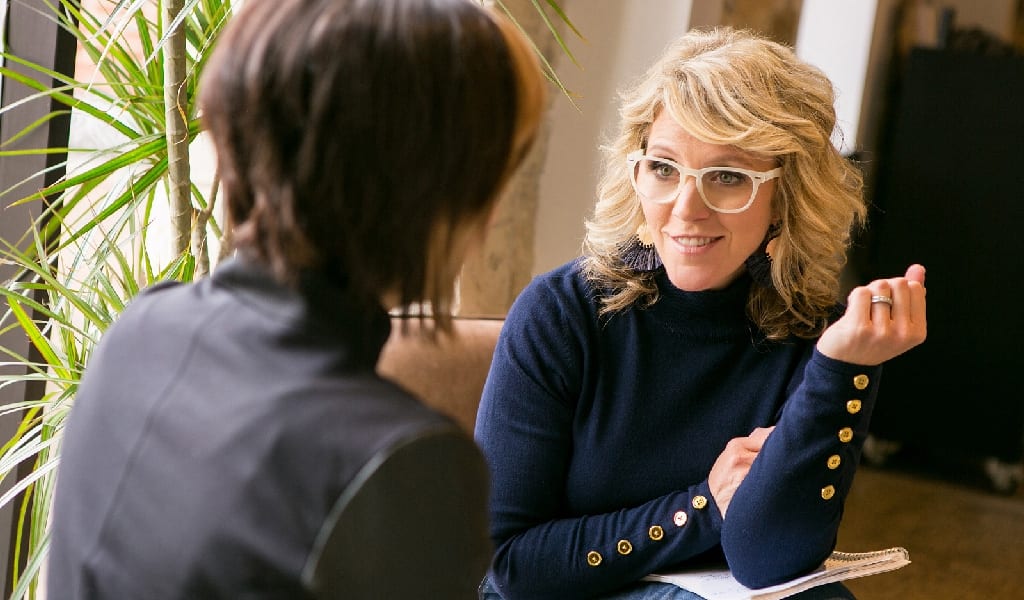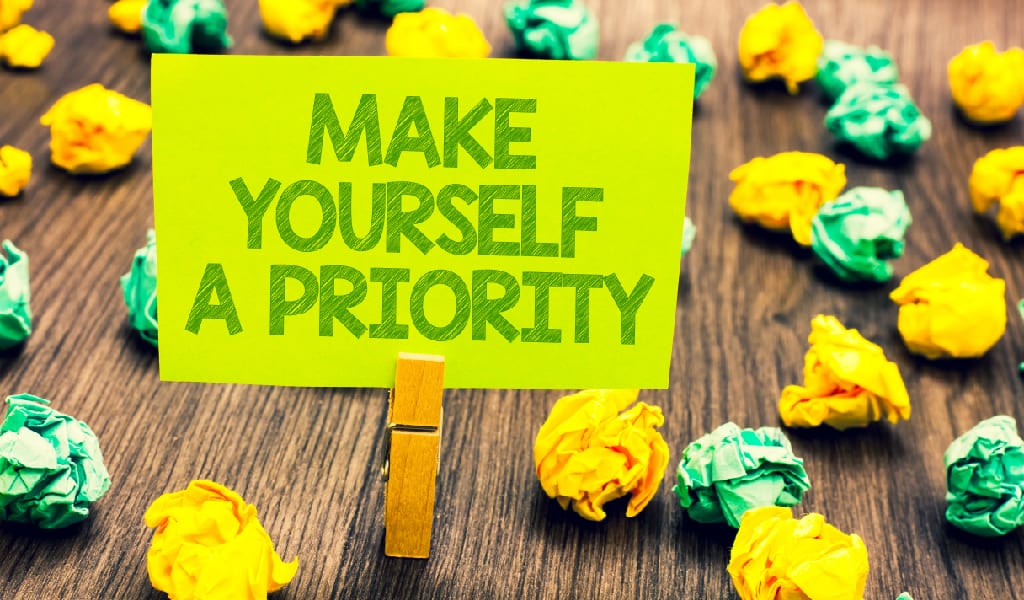When she sat down, I could tell by her face that Alissa* was worried. A new, very capable VP who continues to build her confidence as a leader of a small team, I could almost see the weight she was carrying on her slightly hunched shoulders.
“Jen, I’ve got a difficult conversation coming up with one of my team members,” Alissa told me. “She told me she was burned-out, and I don’t think she’s a good fit anymore.”
I nodded. Alissa’s Strengthfinders profile identified her as a person who leads with empathy, and she even labels herself as being “too nice.” She’s working on self-awareness and anticipating her stumbling blocks.
“I’m worried I’m going to overthink it like I always do, and say nothing,” Alissa said.
“Or I’ll say the wrong thing….
or I’ll say too much,” she added.
In this looming conversation with her team member, she needed to:
1) stay focused on the “now;”
2) have a really good plan; and
3) do the right thing for the company, and feel in line with her own values.
But the immediate task at hand was to take her from being freaked out about the conversation, to be excited to have it.
She knew these conversations were part of her job, but by assuming how the conversation would go, uncertainty was brewing and messing with her confidence. I knew coaching would help remove her self-doubt so she could see a path forward.
“Where in your life have you ever had to do something like this?” I asked her, carefully. “A situation where you had to be really in tune with what was right in front of you, but also had to stick to a plan and do what you were trained to do?”
Alissa thought a minute, then smiled as she retrieved a pleasant memory.
“Cheerleading,” she answered.
Neither of us expected that answer! But that’s how coaching works. You’ve got to be willing to be surprised. This was an authentic example of where she had found past success.
“Ok, then,” I replied, “Alissa, how did you know what to say and do when you were cheering in the middle of a big game, let’s say a state tournament game??” I prodded her.
“We had a plan for what cheers and routines to do, but we also switched it up depending on the action of the game,” she explained.
Perfect. I saw an opportunity for her to exercise those same mental muscles in her difficult conversation: going in with a plan, and being ready to “change it up” if need be. As we developed her game plan, she became more and more energized for the task before her. When she left the LeadWell Zoom call, I noticed that her whole demeanor had changed from one of trepidation to confidence.
“You know what, Jen? I’m really excited,” she said. Later that week, I received a wonderful note from Alissa. Her meeting had been successful, and she shared her thoughts about the approach she used in the meeting.
Now it’s YOUR turn!
What lessons from your past have taught you adaptability in uncomfortable situations?
How can that muscle memory help you lead?
How comfortable do you feel having difficult conversations?
As leaders, we have to exercise our mental muscles continuously.
Do an exploration session with me. Let’s do it!
Or watch my free masterclass called, What Got You Here Won’t Get You There!




